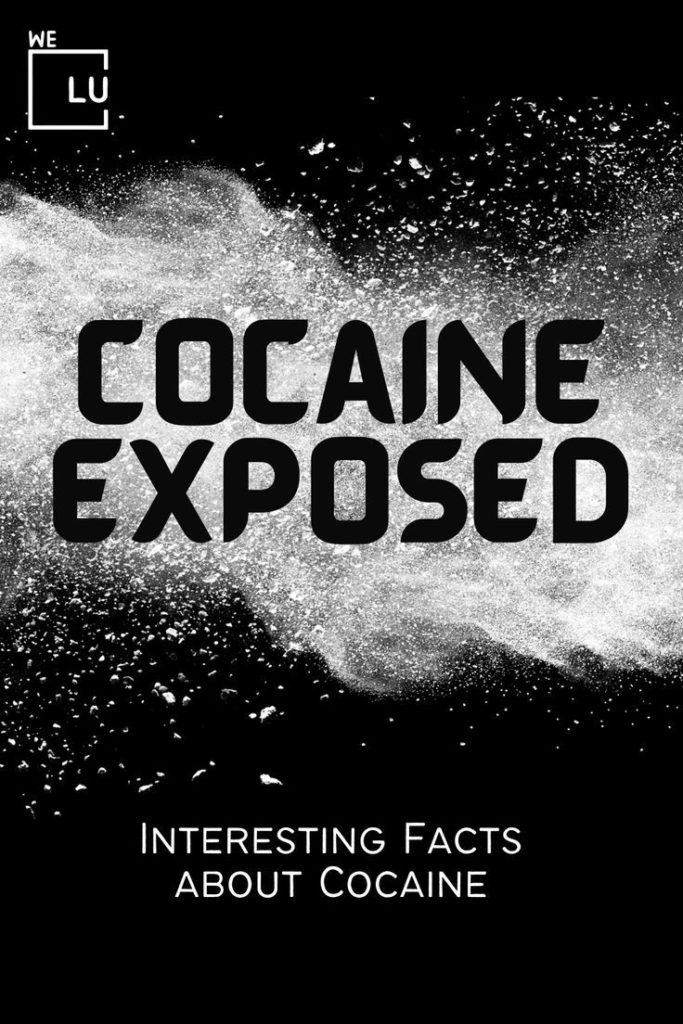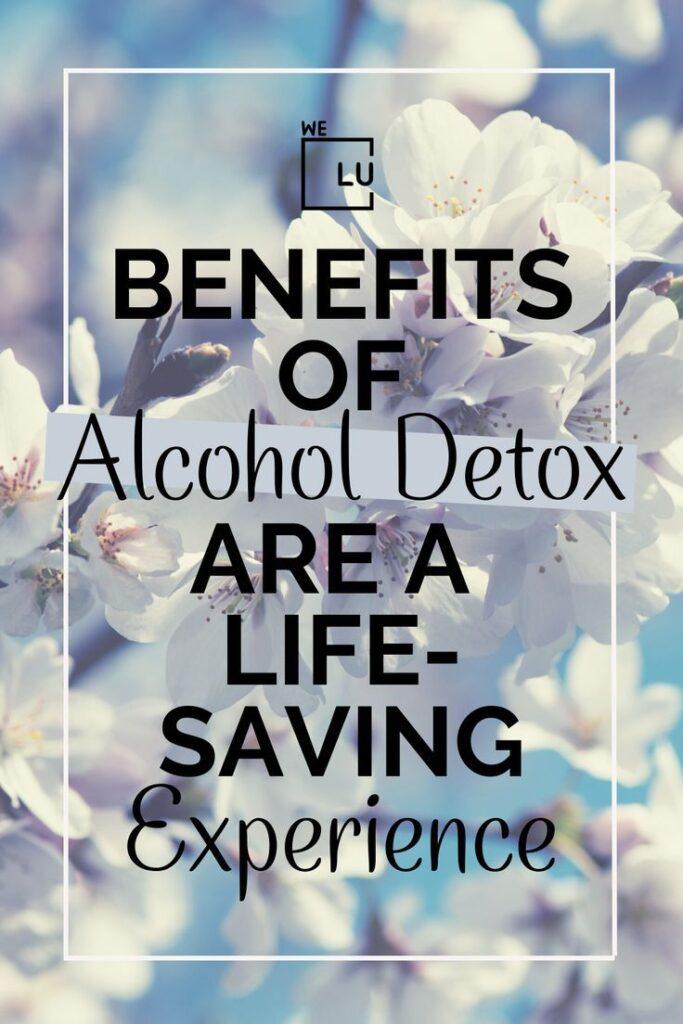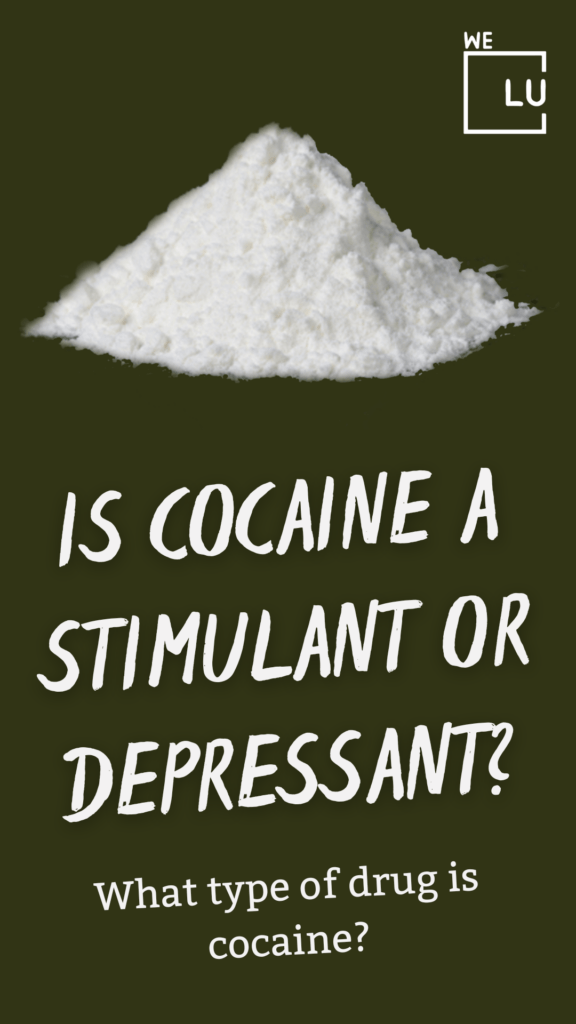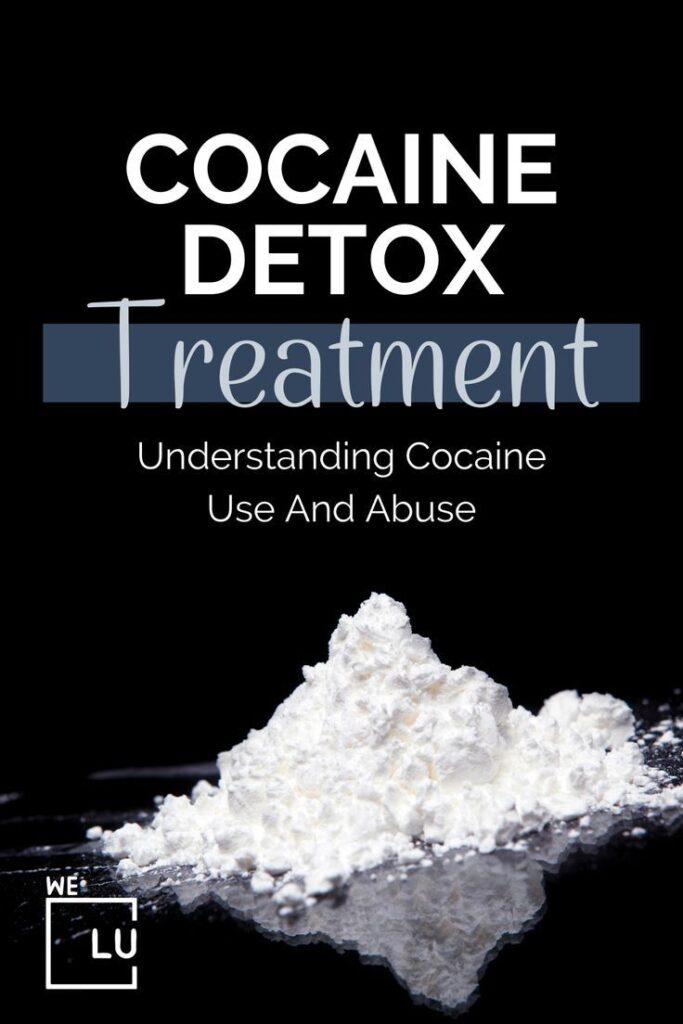The Dangers of Mixing Cocaine and Alcohol
Mixing cocaine and alcohol is a hazardous and potentially life-threatening practice that significantly increases the risks associated with each substance individually. Cocaine, a powerful stimulant, and alcohol, a central nervous system depressant, have opposing effects on the body.
Combined, they create a toxic and unpredictable cocktail that can lead to severe health complications, including cardiovascular problems, liver damage, and a heightened risk of overdose.
This article provides an overview of the dangers associated with the simultaneous use of cocaine and alcohol, shedding light on the potential adverse effects on physical health, cognitive function, and overall well-being. Understanding these risks is crucial for raising awareness about the dangers of polydrug use and promoting safer and healthier choices among individuals facing substance abuse challenges.
What is Cocaethylene?
When cocaine and alcohol are used together, the liver metabolizes them into cocaethylene, which has distinct psychoactive effects. Cocaethylene can be more toxic and longer-lasting than either cocaine or alcohol alone, and it contributes to the increased health risks associated with mixing these substances.
Severe cardiovascular complications can happen due to cocaethylene:
- An elevated heart rate.
- Increased blood pressure.
- An increased risk of heart attacks and strokes.
Moreover, cocaethylene can stress the liver and other organs, increasing the potential for organ damage.
Due to its harmful effects, cocaethylene is considered a hazardous byproduct of cocaine and alcohol mix, and it underscores the importance of avoiding the simultaneous use of these substances to protect one’s health and well-being. If someone is struggling with substance abuse involving cocaine, alcohol, or any other drugs, seeking professional help and support is crucial.
Cocaethylene Half Life
The half-life of cocaethylene refers to the time it takes for half of the compound to be eliminated from the body. Cocaethylene’s half-life is more prolonged than cocaine or alcohol alone, contributing to its potentially lengthy effects and increased health risks.
The individual’s metabolism determines the half-life of cocaethylene, the dose of cocaine and alcohol consumed, and the frequency of use. On average, cocaethylene’s half-life is around 2.5 to 5.5 hours. However, cocaethylene can still be detected in the body for longer, depending on the specific drug test used.
Cocaethylene in Urine
Cocaethylene detection time in urine is approximately 2 to 4 days after the last use.
However, the detection window can be affected by various factors, and in some cases, cocaethylene may be detectable for a shorter or longer period. Furthermore, specialized drug tests may have different detection capabilities, and some tests may be able to detect cocaethylene for an extended period.
Alcohol and Cocaines’ Side Effects
When cocaine and alcohol are combined, they create a dangerous and toxic mix that can lead to several adverse effects on the body and mind. Here are the potential effects of combining cocaine and alcohol:
- Formation of cocaethylene: The liver metabolizes cocaine and alcohol together, forming cocaethylene, which can have longer-lasting and more toxic effects than either substance alone.
- Increased euphoria and risk-taking behavior: The combination of cocaine’s stimulant and alcohol’s depressant effects can lead to heightened euphoria, reduced inhibitions, and increased risk-taking behaviors.
- Cardiovascular strain: Both substances individually stress the cardiovascular system, and their combination can lead to an elevated heart rate, increased blood pressure, and a higher risk of heart-related issues.
- Impaired judgment and coordination: The combination can lead to impaired cognitive function, reduced coordination, and impaired decision-making abilities.
- Intensified hangover symptoms: After the effects wear off, users may experience more severe hangover symptoms, including fatigue, headache, and dehydration.
- Increased risk of overdose: The combination of cocaine and alcohol can mask the signs of intoxication, leading individuals to take more of either substance, increasing the risk of overdose.
- Organ damage: Cocaethylene and the strain on the liver from processing both substances can lead to increased stress and potential damage to the liver and other organs.
- Elevated risk of addiction: The combined use of cocaine and alcohol can increase the likelihood of developing addiction due to the reinforcing effects on the brain.

Skip To:
Learn More:
- Interesting Facts About Cocaine. 10 Facts About Cocaine You Probably Didn’t Know. Fun 3 Facts About Cocaine.
- How Addictive is Cocaine? The Dangers of Cocaine Addiction
- Signs of Cocaine Use, Effects, Withdrawal Symptoms & Treatment
- How Long Does Cocaine Stay In Your Blood? (How Long Does Cocaine Stay In Your Blood Stream?)
- Cocaine Detox Timeline, Withdrawal Symptoms & Treatment
- What Is Cocaine? Cocaine’s Effects. How Is Cocaine Made & Used? Is Cocaine Addictive? Signs & Side Effects.
- How To Get Cocaine Out Of Your System Safely, Detox, & Professional Help
- Alcohol Addiction Treatment, Alcoholism, Signs, Complications & Recovery Rehab Programs
- AWS or Alcohol Withdrawal Timeline Symptoms, Seizures, Signs & Alcohol Withdrawal Detox Treatment
- Alcohol Detox Timeline & How To Safely Manage Alcohol Withdrawal Symptoms Treatment
It is essential to be aware of the dangers of mixing cocaine and alcohol and avoid using them to protect one’s health and well-being. If you or someone you know is struggling with substance abuse, seek professional help and support to address these challenges effectively.
Cocaine and Alcohol Drug Facts
Cocaine Drug Class: Stimulant
Cocaine Drug Schedule: Schedule II
Cocaine Alcohol Dependence
Cocaine and alcohol dependence are severe and potentially life-threatening conditions characterized by a compulsive and uncontrollable need to use these substances despite adverse consequences.
People with these dependencies often experience withdrawal symptoms when attempting to stop using, leading to a cycle of continued substance abuse to avoid discomfort. Overcoming cocaine and alcohol dependence usually requires professional treatment, therapy, and support to achieve long-term recovery and improve overall well-being.
Alcohol and Cocaine Interactions
Alcohol and cocaine interactions can be hazardous as they create a unique chemical compound called cocaethylene, intensifying the risks associated with both substances, leading to heightened cardiovascular strain, liver damage, and an increased potential for overdose.
Alcohol Drug Class: Depressant
Alcohol Drug Schedule: It is not a controlled substance.
What Happens After Mixing Alcohol and Cocaine?
After mixing alcohol and cocaine, the two substances interact in the liver to form a new compound called cocaethylene, which can have longer-lasting and more toxic effects than alone.
Combining alcohol’s depressant effects and cocaine’s stimulant effects can lead to intense euphoria, reduced inhibitions, and increased risk-taking behaviors. However, this mix can also cause severe strain on the cardiovascular system, liver damage, impaired judgment, and a heightened risk of overdose, making it a potentially life-threatening combination with severe health risks.
Cocaine and Alcohol Metabolism
When cocaine and alcohol are consumed together, they undergo a metabolism process in the liver, forming cocaethylene. Cocaethylene is a unique and toxic compound that contributes to the intensified effects and increased health risks associated with mixing these substances.

Get Your Life Back
Find Hope & Recovery. Get Safe Comfortable Detox, Addiction Rehab & Dual Diagnosis High-Quality Care.
Hotline(844) 597-1011Cocaine and Alcohol Statistics
Cocaine and alcohol misuse remains a significant problem in the US, contributing to health issues, addiction, and adverse social consequences. Simultaneously using these substances can lead to harmful interactions, amplifying health risks and increasing the burden on public health and addiction treatment services.
2.2 Million
In 2019, roughly 2.2 million people aged 12 or older in the US reported using cocaine.
Source: NCBI
15,883
The number of cocaine-related overdose deaths in the US increased from 5,417 in 2014 to 15,883 in 2019.
Source: NCBI
85.6%
In the US, about 85.6% of adults aged 18 or older reported drinking alcohol at some point in their lifetime as of 2019.
Source: NCBI
Why Do People Use Cocaine and Alcohol Together?
People may use cocaine and alcohol together for several reasons, including the following:
- Increased euphoria: The combination of cocaine’s stimulant effects and alcohol’s depressant effects can intensify feelings of euphoria and pleasure.
- Heightened social experience: The mix of these substances is believed by some to enhance sociability and reduce inhibitions, making social gatherings and parties more enjoyable.
- Masking effects: Some individuals may use alcohol to manage the adverse side effects of cocaine, such as anxiety and agitation, while continuing to experience the drug’s stimulating effects.
- Escapism and stress relief: The combined use of cocaine and alcohol may serve as a way for some individuals to temporarily escape from stress, problems, or emotional difficulties.
However, it is crucial to understand that the simultaneous use of cocaine and alcohol can have severe health consequences, including increased cardiovascular risks, liver damage, and a higher risk of overdose. The dangers of this combination outweigh any perceived benefits, and seeking professional help for substance abuse is essential for a healthier and safer life.
Cocaine vs Alcohol
Both cocaine and alcohol can be harmful when misused or abused, and it is essential to approach these substances responsibly and in moderation. Seeking professional help and support for substance abuse is crucial for those facing challenges with these drugs to achieve better health outcomes and overall well-being.
Cocaine and alcohol are two distinct substances with different effects on the body and mind:
Cocaine:
- Classification: Cocaine is a powerful stimulant drug derived from the coca plant.
- Effects: It induces a short-lived euphoria, increased energy, alertness, and confidence, but it can also lead to anxiety, paranoia, and restlessness.
- Risks: Cocaine use carries a high risk of addiction, cardiovascular problems, respiratory issues, and neurological damage.
- Legal status: Cocaine is classified as a Schedule II controlled substance in the United States, meaning it has a high potential for abuse but has some accepted medical uses.
Alcohol:
- Classification: Alcohol is a central nervous system depressant and the active ingredient in alcoholic beverages.
- Effects: It causes relaxation, reduced inhibitions, and euphoria at lower doses, but higher quantities can lead to impaired coordination, slurred speech, and cognitive impairment.
- Risks: Excessive alcohol consumption can result in addiction, liver disease, cardiovascular problems, and neurological impairment.
- Legal status: Alcohol is legal for adults in most countries, but regulations regarding purchase and consumption vary.
Get Help. Get Better. Get Your Life Back.
Searching for Accredited Drug and Alcohol Rehab Centers Near You?
Even if you have failed previously and relapsed, or are in the middle of a difficult crisis, we stand ready to support you. Our trusted behavioral health specialists will not give up on you. When you feel ready or just want someone to speak to about therapy alternatives to change your life call us. Even if we cannot assist you, we will lead you to wherever you can get support. There is no obligation. Call our hotline today.
(844) 597-1011How Long Do Alcohol and Cocaine Stay In Your System?
The duration that alcohol and cocaine stay in your system is determined by several factors, including the amount consumed, frequency of use, individual metabolism, and the drug test being used. Here are approximate estimates for the detection windows:
Alcohol:
- Breath: Alcohol can be detected in breath for up to 24 hours after consumption.
- Blood: Alcohol can be detected in blood for up to 12 hours or longer, depending on the amount consumed.
- Urine: Alcohol can be detected in urine for up to 12-48 hours after drinking, depending on the amount consumed and individual metabolism.
Cocaine:
- Blood: Cocaine can be detected in blood for 1-2 days after use.
- Urine: Cocaine can be detected in urine for up to 2-4 days after use, but it may be detectable for a more extended period in chronic users or with heavy use.
- Hair: Cocaine can be detected in hair follicles for up to 90 days or more, depending on the length of the hair sample.
Drug detection times can vary, and these estimates are approximate guidelines. For accurate information or if you need to undergo drug testing, it is best to consult with healthcare professionals or the agency conducting the drug test for specific details.
Cocaine and Alcohol Withdrawal Symptoms
Cocaine and alcohol withdrawal can lead to different symptoms, as they are distinct substances with separate effects on the body. Here are some common withdrawal symptoms associated with each:
Cocaine Withdrawal Symptoms:
- Fatigue and lethargy.
- Increased appetite.
- Intense drug cravings.
- Depression and anxiety.
- Agitation and irritability.
- Disturbed sleep patterns.
- Suicidal thoughts or behaviors in severe cases.
Alcohol Withdrawal Symptoms:
- Tremors or shakiness.
- Sweating and fever.
- Nausea and vomiting.
- Anxiety and restlessness.
- Headache and dizziness.
- Hallucinations (in severe cases).
- Seizures (in severe cases).

The severity and duration of withdrawal symptoms can vary based on dependence, drug use duration, and individual factors. Withdrawal from cocaine and alcohol can be challenging and potentially damaging, especially in severe cases, and it is best to seek professional medical help and support when attempting to stop using these substances to ensure a safer and more comfortable recovery process. Medical detoxification and addiction treatment programs can provide the necessary support and care during this period.
First-class Facilities & Amenities
World-class High-Quality Addiction & Mental Health Rehabilitation Treatment
Rehab Centers TourRenowned Addiction Centers. Serene Private Facilities. Inpatient rehab programs vary.
Addiction Helpline(844) 597-1011Proven recovery success experience, backed by a Team w/ History of:
15+
Years of Unified Experience
100s
5-Star Reviews Across Our Centers
10K
Recovery Success Stories Across Our Network
- Low Patient to Therapist Ratio
- Onsite Medical Detox Center
- Comprehensive Dual-Diagnosis Treatment
- Complimentary Family & Alumni Programs
- Coaching, Recovery & Personal Development Events
We Level Up Cocaine and Alcohol Addiction Treatment
Suppose you or someone you care about is struggling with alcohol and cocaine dependence. We encourage you to seek professional help and support through a detox and addiction treatment program. Overcoming addiction can be challenging, but with the proper guidance and support, you can regain control of your life and work towards a healthier future.
We Level Up addiction treatment and detoxification under medical supervision can ensure a safer withdrawal process, as trained professionals can manage and mitigate withdrawal symptoms, reducing the risk of complications. Moreover, our detox and addiction treatment programs provide a supportive environment with professionals who understand addiction’s complexities and can help you address the underlying issues driving substance use.
Sobriety can help repair strained relationships and rebuild trust with loved ones, improving overall well-being and quality of life. Resources and support are available to help you navigate this challenging journey toward recovery. Contact We Level Up treatment center to learn about options and begin your path toward a healthier, drug-free life.
World-class, Accredited, 5-Star Reviewed, Effective Addiction & Mental Health Programs. Complete Behavioral Health Inpatient Rehab, Detox plus Co-occuring Disorders Therapy.
CALL(844) 597-1011End the Addiction Pain. End the Emotional Rollercoaster. Get Your Life Back. Start Drug, Alcohol & Dual Diagnosis Mental Health Treatment Now. Get Free No-obligation Guidance by Substance Abuse Specialists Who Understand Addiction & Mental Health Recovery & Know How to Help.
Top 5 Is Alcohol Worse Than Cocaine? FAQs
-
Is cocaine worse than alcohol?
Both cocaine and alcohol have significant risks and can be harmful when misused or abused. Cocaine is a potent and highly addictive stimulant that can lead to immediate and severe health consequences. At the same time, alcohol, when consumed excessively, can cause long-term damage to the liver, brain, and other organs. Comparing their overall impact, both substances are harmful, and the best approach is to avoid using either illicit drugs or alcohol in excessive or risky ways.
-
Can you mix cocaine with alcohol?
Mixing cocaine with alcohol (often misspelled cocain and alcohol) is highly hazardous and should be avoided. Combining these substances can lead to the formation of cocaethylene, a toxic metabolite, which increases the risk of severe cardiovascular complications, liver damage, and overdose, potentially resulting in life-threatening consequences.
-
Which one is more harmful? Alcohol vs cocaine?
Comparing the harmful effects of alcohol and cocaine is challenging, as both substances can be profoundly damaging in different ways. Alcohol abuse can lead to long-term health problems like liver disease, cognitive impairments, and addiction. At the same time, cocaine misuse can cause immediate and severe health risks, such as cardiovascular issues, neurological damage, and a higher risk of overdose. Ultimately, both substances are destructive.
-
How long does cocaethylene stay in your system?
The half-life of cocaethylene, a metabolite formed when cocaine and alcohol are consumed together, is estimated to be around 2.5 to 5.5 hours. This means it may take approximately 2.5 to 5.5 hours for half of the cocaethylene in the body to be eliminated. However, it can still be detectable in the system for longer, depending on factors like individual metabolism and the sensitivity of the drug test.
-
What is norcocaine benzoylecgonine cocaethylene?
Norcocaine, benzoylecgonine, and cocaethylene are all metabolites that result from the metabolism of cocaine in the body. Norcocaine is a minor metabolite of cocaine, benzoylecgonine is the primary metabolite and the compound typically tested for in drug screenings, and cocaethylene is a unique compound formed when cocaine mixed with alcohol.
Your Brain on Cocaine. Cocaine’s Effects on Brain & Body. What is Cocaine? How is Cocaine Made?
Alcohol and cocaine use can profoundly damage the brain due to their interactions with neurotransmitters and brain regions. Chronic use can disrupt cognitive function, memory, decision-making, and emotional regulation. Additionally, combined alcohol and cocaine can increase the risk of adverse cardiovascular events and overdose, making it a hazardous combination with potentially severe consequences for both physical and mental health.
If you or a loved one is struggling with cocaine addiction or other substance use disorder(s), call for a FREE consultation 24/7 at (561) 678-0917
Get FREE cocaine addiction treatment insurance check – https://welevelup.com/rehab-insurance/
Your Brain on Cocaine. Cocaine’s Effects on Brain & Body. Video Transcript.
What is Cocaine?
Cocaine is a highly addictive stimulant that produces euphoric effects in the brain and body by increasing dopamine levels and other neurotransmitters. When ingested, cocaine rapidly enters the bloodstream and crosses the blood-brain barrier, where it interacts with the brain’s reward system, causing a surge of pleasure that can lead to addiction.
Cocaine is extracted from the coca plant leaves, which grow primarily in South America. The leaves are dried and crushed into a fine powder, which can be snorted, smoked, or injected. Producing and selling cocaine is illegal in most countries due to its highly addictive and dangerous nature.
The effects of cocaine on the brain and body can be short-term and long-lasting. Short-term effects of cocaine may include increased energy, alertness, sociability, reduced appetite, and fatigue. However, these effects are often short-lived and can quickly give way to adverse side effects such as paranoia, anxiety, and aggression.
Long-term cocaine use can have severe and detrimental effects on the brain and body, including addiction, sleep disturbances, weight loss, heart damage, and an increased risk of stroke, seizures, and other health problems. Repeated use and abuse of cocaine can lead to changes in the brain’s reward circuitry, making it difficult for individuals to stop using the drug even in the face of negative consequences.
In summary, while cocaine may produce short-term effects of pleasure and euphoria, its repeated use and abuse can lead to serious long-term physical and mental health problems, addiction, legal difficulties, and social consequences.
Experience Transformative Recovery at We Level Up Treatment Centers.
See our authentic success stories. Get inspired. Get the help you deserve.
Start a New Life
Begin with a free call to an addiction & behavioral health treatment advisor. Learn more about our dual-diagnosis programs. The We Level Up Treatment Center Network delivers recovery programs that vary by each treatment facility. Call to learn more.
- Personalized Care
- Caring Accountable Staff
- World-class Amenities
- Licensed & Accredited
- Renowned w/ 100s 5-Star Reviews
We’ll Call You
Search We Level Up Cocaine and Alcohol Detox, Mental Health Topics & Resources
Sources
[1] Pergolizzi J, Breve F, Magnusson P, LeQuang JAK, Varrassi G. Cocaethylene: When Cocaine and Alcohol Are Taken Together. Cureus. 2022 Feb 22;14(2):e22498. Doi 10.7759/cureus.22498. PMID: 35345678; PMCID: PMC8956485.
[2] Pennings EJ, Leccese AP, Wolff FA. Effects of concurrent use of alcohol and cocaine. Addiction. 2002 Jul;97(7):773-83. Doi 10.1046/j.1360-0443.2002.00158.x. PMID: 12133112.
[3] Porrino LJ, Smith HR, Nader MA, Beveridge TJ. What is Cocaine? The effects of cocaine: a shifting target throughout addiction. Prog Neuropsychopharmacol Biol Psychiatry. 2007 Nov 15;31(8):1593-600. DOI: 10.1016/j.pnpbp.2007.08.040. Epub 2007 Sep 4. PMID: 17900777; PMCID: PMC2211431.
[4] Hatsukami DK, Fischman MW. Crack cocaine and cocaine hydrochloride. Are the differences between myth and reality? JAMA. 1996 Nov 20;276(19):1580-8. PMID: 8918856. What is Cocaine?
[5] NIDA. Drug Misuse and Addiction. National Institute on Drug Abuse website. http://nida.nih.gov/publications/drugs-brains-behavior-science-addiction/drug-misuse-addiction. July 13, 2020, Accessed April 3, 2023.
[6] Farrell M, Martin NK, Stockings E, Bórquez A, Cepeda JA, Degenhardt L, Ali R, Tran LT, Rehm J, Torrens M, Shoptaw S, McKetin R. Responding to global stimulant use: challenges and opportunities. Lancet. 2019 Nov 2;394(10209):1652-1667. DOI: 10.1016/S0140-6736(19)32230-5. Epub 2019 Oct 23. Erratum in: Lancet. 2019 Nov 16;394(10211):1806. PMID: 31668409; PMCID: PMC6924572.
[7] Farzam K, Faizy RM, Saadabadi A. Cocaine Effects & Stimulants. 2023 Feb 13. In: StatPearls [Internet]. Treasure Island (FL): StatPearls Publishing; 2023 Jan–. PMID: 30969718.
[8] LaHood AJ, Kok SJ. Ethanol Toxicity. [Updated 2023 Mar 13]. In: StatPearls [Internet]. Treasure Island (FL): StatPearls Publishing; 2023 Jan-. Available from: https://www.ncbi.nlm.nih.gov/books/NBK557381/
[9] Alcohol’s Effects on Health – National Institute on Alcohol Abuse and Alcoholism (NIAAA)
[10] Alcohol’s Effect on Health: NIAAA brochures and fact sheets – National Institute on Alcohol Abuse and Alcoholism (NIAAA)




